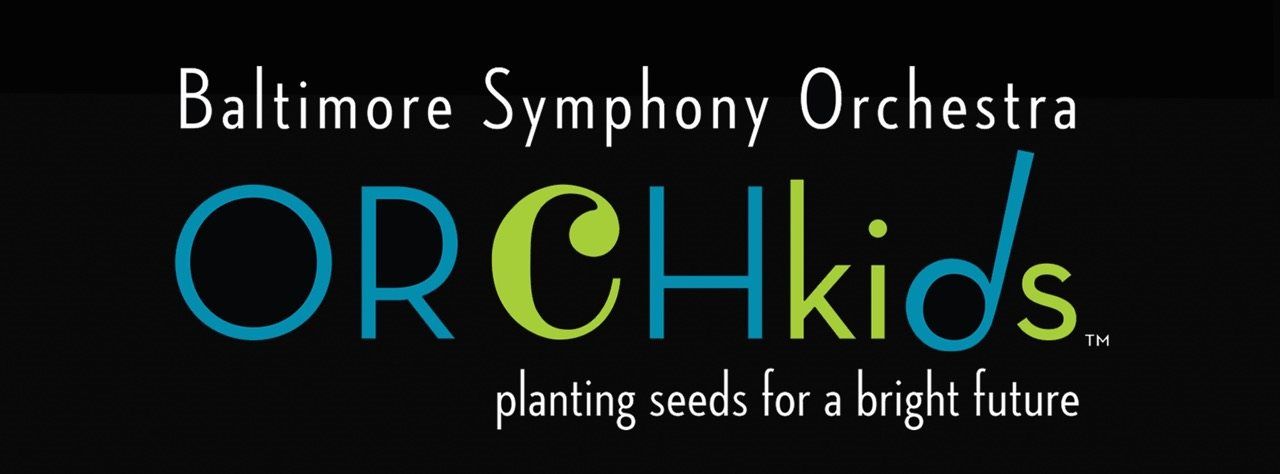Camille Delaney-McNeil on “Music for Social Change”

In August 2020, Jisoo Choi sat down with Camille Delaney-Mcneil, Director of Programs with the Baltimore Symphony Orchestra OrchKids.
Jisoo Choi: Could you briefly describe what OrchKids does with respect to its programs and the impact it seeks to have?
Camille Delaney-McNeil: OrchKids, in short, is a “music for social change” program. It was inspired by the El Sistema movement from Venezuela, which was led by Dr. Jose Abreu and quickly spread internationally. The whole concept is that the intervention of music early on in life can change the trajectory and course of young people’s lives and the opportunities they are afforded. OrchKids very much embodies the spirit of that concept: community reflecting our community as accurately as we possibly can—being responsive to our community—but more specifically creating avenues, networks, connections, and conduits for our youth in Baltimore City to make strides in the world to change anything they want to change about their world and have a path forward.
We’ve already seen the effects of that. Our program is twelve years old, and we have a young lady who’s been in our program for all twelve years. She comes back as a volunteer. And although COVID-19 interrupted the brilliancy of this year, this was her first year of college. She’s a first-generation college student, and she is attending on a full scholarship for all four years because of her instrument. She’s not even doing a music performance degree; she’s doing music business and some other things. That just goes to show that her world has expanded so much more because she now has that opportunity. And she’s the trailblazer in her family to do something like that. So that’s a big deal. And that’s what we want to foster with OrchKids.
The other important thing is that we are actively engaged in supporting change in our community outside of the arts and music program. Obviously, there’s lots to do within music education itself, so that’s a whole other conversation. But the social ills, the lack of access that we have in our city—particularly for our youth—even around things like transportation and technology access, are things that have come up during this time as well. We’re asking, “How do we as a program make systemic changes? What can we offer or who can we put our students and families in contact with? How can we provide a wraparound arm of support for them to tell us what direction they need to go?” So it’s also very important to understand that we cannot come in as a program and direct our community and say, “this is what you have to do.” That would be irresponsible, but a lot of programs unfortunately do that. So it’s extremely important that the staff and leaders of the program are from the community, work with the community, and are a part of the community. And that’s why we hire parents from our program to be team members. We have a full-time team member right now who is a parent of three kids in our program, one of which was the young lady who was the first-generation college student we spoke of. So we make sure that we’re involving the community. We fill our positions and have thought partnerships with parents all the way through our school partners and principals just to be as reflective and authentic as possible...
